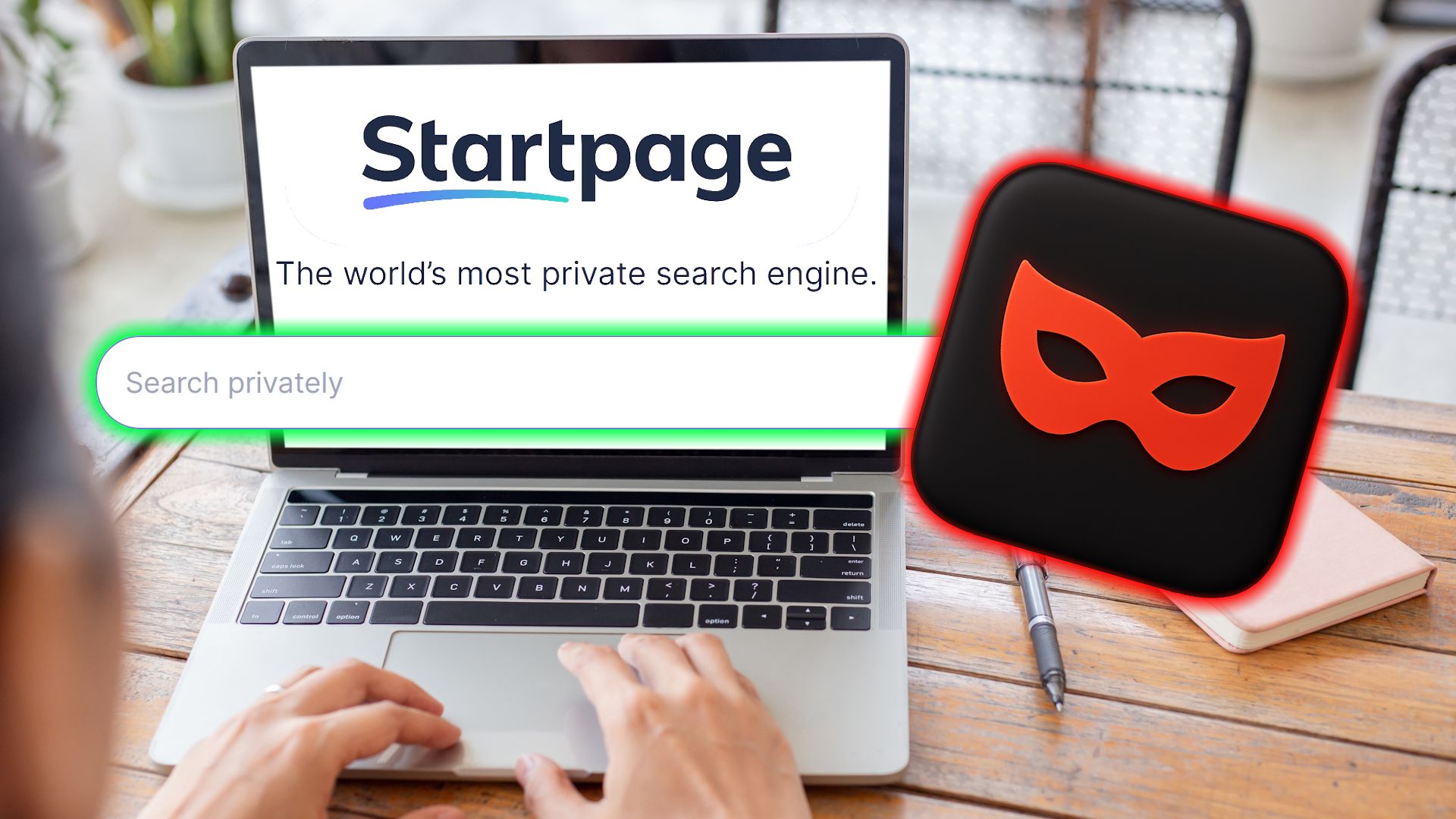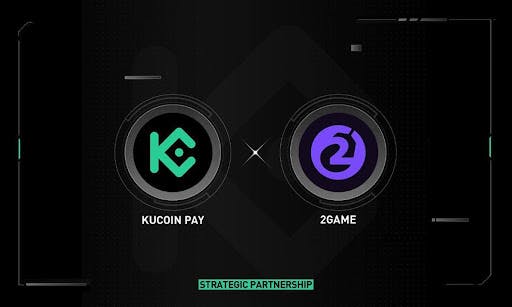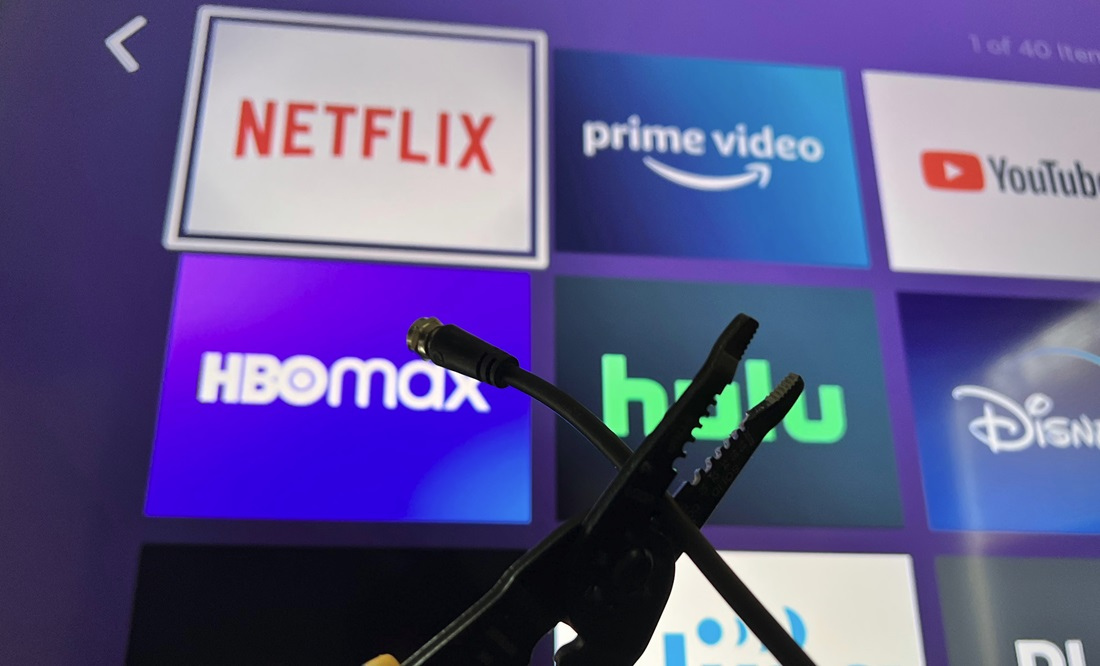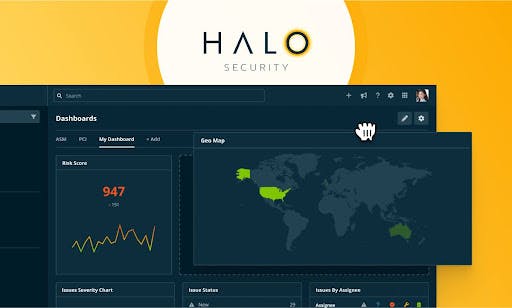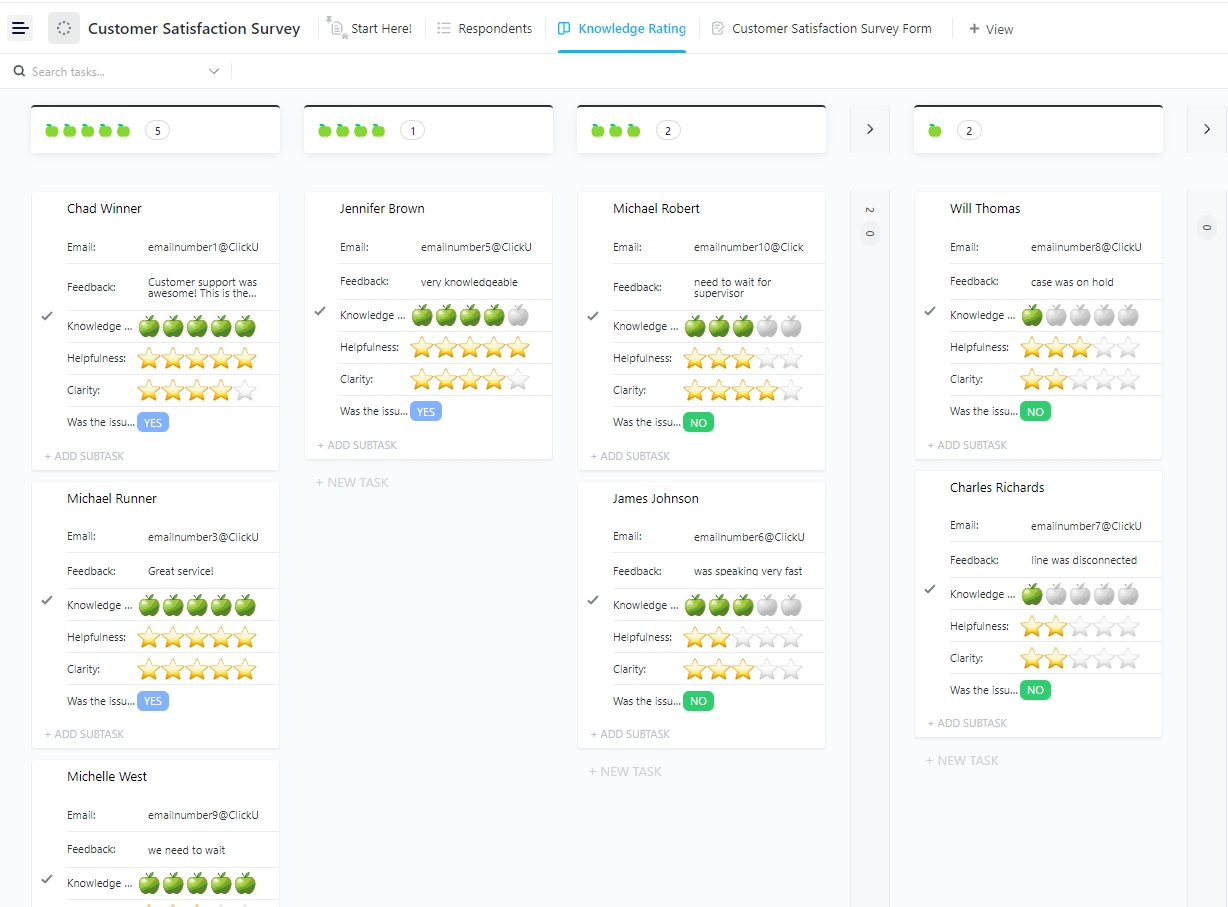Most people think of search engines as a two-player game: Google, with Bing as the backup. But there’s a quieter group of search engines built around privacy, where your searches aren’t turned into someone else’s business model.
DuckDuckGo is usually the first stop for anyone curious about private search. It works much like Google in appearance and speed, but the big difference is that it doesn’t track what you do. No logs, no personal history, no “profile” being built in the background. Each search stands on its own, which makes it harder for companies to connect your interests or habits.
The results themselves mostly come from Bing and a few other sources, so the quality is solid for everyday use. You might notice fewer personalized suggestions, but that’s the point. Instead of being nudged by yesterday’s clicks, you see the same neutral list anyone else would.
Startpage takes a different approach to privacy. Instead of building its own search index, it acts as a privacy filter for Google. Every time you search, Startpage retrieves the results from Google on your behalf, then shows them to you without passing along your IP address or search history. You get the power of Google’s index, but Google never knows it was you who asked.
For beginners, this makes the transition almost seamless. You don’t have to give up the accuracy or depth of Google’s search index, but you also don’t have to hand over your search history. It feels familiar, but safer.
Startpage even includes an option to open links through a built-in proxy, so the websites you visit don’t know where you’re coming from. That extra step slows things down a little, but it’s useful if you’re serious about keeping your browsing private.
Mojeek is a rare thing in the search engine world: it has its own independent index. That means it doesn’t rely on Google or Bing behind the scenes. Instead, it’s been crawling and cataloging the web on its own terms for years. The result is a search engine that doesn’t just protect your privacy but also gives you a different perspective on the web.
Because Mojeek isn’t shaped by the same algorithms that dominate the search market, the results can feel less filtered. Sometimes that means they’re rough around the edges, but it also means you’re seeing content that might not make it to the top elsewhere. For people who want to escape the echo chamber of mainstream engines, that’s a feature, not a flaw.
Mojeek’s stance on privacy is straightforward. It doesn’t track users, doesn’t create profiles, and doesn’t sell data. Its mission leans toward building a search experience that is both ethical and independent, even if it lacks some of the polish of larger competitors. Pairing Mojeek with any of the best privacy-focused browsers gives you a refreshingly secure browsing experience.
SearXNG is more of a meta-search tool than a single search engine. Instead of running its own index, it pulls results from dozens of sources at once—Google, Bing, Wikipedia, and many others—then blends them together before showing them to you. The key difference is that it does all this without sending your personal data to any of those providers.
Because it’s open-source, anyone can set up and host their own SearXNG instance. That gives users a rare level of control. You can choose which sources to pull from, adjust how results are ranked, and even remove sites you don’t trust. It’s not as sleek or standardized as DuckDuckGo or Startpage, but it’s flexible in ways they aren’t.
The downside is that the experience depends on which instance you’re using. Some may be faster, some slower, and some configured with different search sources. But the upside is transparency.
Swisscows is a little different from the rest. It’s designed not only to protect your privacy but also to keep search results family-friendly by default. That means no tracking, no profiling, and no explicit content slipping into the results.
But unlike the other options here, Swisscows is not free. For about $4.4 (CHF 3.50) a month, you can use it without ads, and your subscription helps fund its servers and future features. The free version is gone, which makes Swisscows stand out compared to other privacy-first search engines that you can still use without paying.
If you like the idea of a private search engine that’s also safe for kids and classrooms, Swisscows may be worth the small monthly fee. If you’re just curious to try privacy-focused searching for the first time, though, you might want to start with one of the free options like DuckDuckGo or Startpage.
Google may feel unavoidable, but it isn’t the only way to search. Tools like DuckDuckGo, Startpage, Mojeek, SearXNG, and Swisscows each prove you can explore the web without handing over your personal data.

